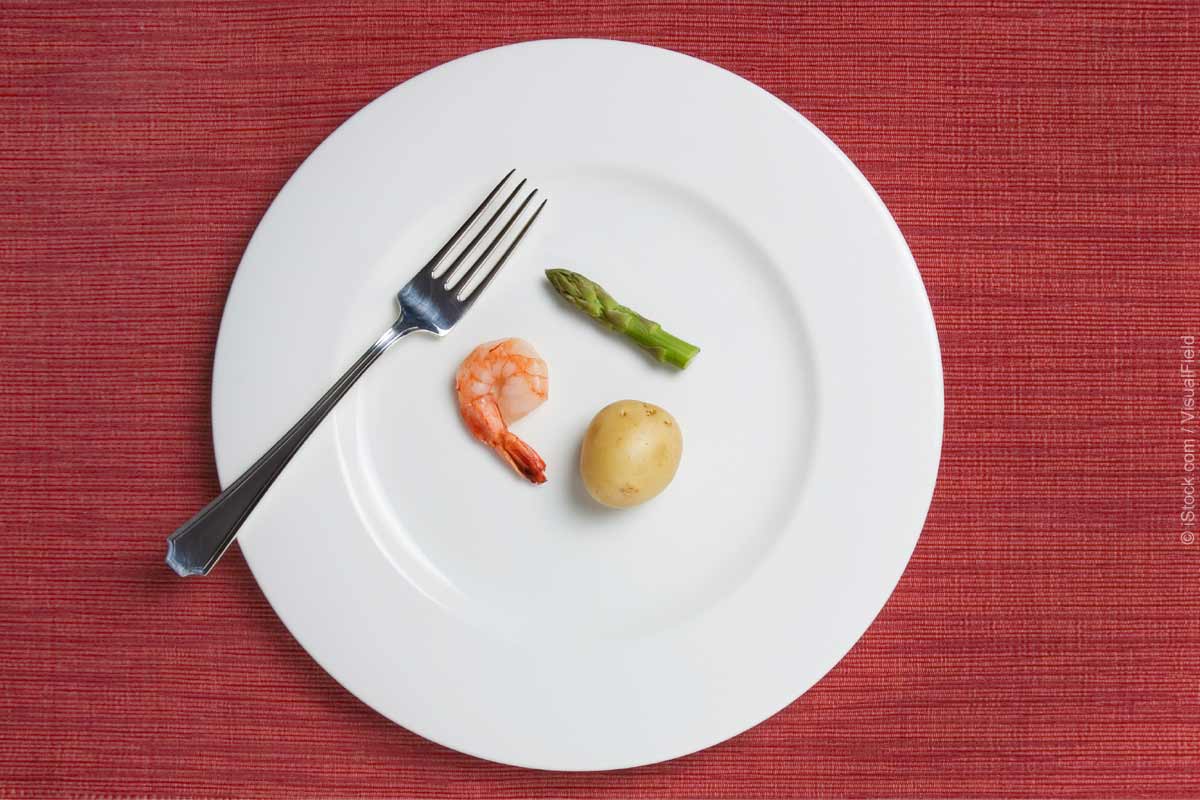Watch Out for These Loopholes in Most Intermittent Fasting Programs
16,050 views

By Dr. Mercola
There are many different types of intermittent fasting programs available today, but be warned: not all of them should be followed. In addition to a fasting time that's either too long or too short, most intermittent fasting regimens fail because they neglect to consider your body's innate clock into the equation.
The suprachiasmatic nucleus (SCN) is your body's master clock in charge of all your circadian rhythms. It is located in your hypothalamus where it regulates how your autonomic nervous system works along with your hormones, your wake and sleep pattern, your feeding behavior, and your capacity to digest food, assimilate nutrients, and eliminate toxins.
Now, I want to warn you about the negative health impacts of going against your body's master clock, especially when it comes to your feeding time. Habitually eating at the wrong time, which is what you actually do when you follow an erroneous intermittent fasting approach, will not only disrupt your body's innate clock, but will devastate your body's vital functions, too, leading to a cascade of side effects as your whole metabolic system gets unsynchronized.
Check out the flaws of these intermittent fasting protocols:
- Alternate-day fasting – Aside from reports of sleeping disorders, constipation, and persistent fatigue, followers of this intermittent fasting approach frequently complain about the sudden surge in hunger pangs and the extreme desire to eat on their fasting days, which says a lot about its adaptability issue.
The 24-hour fast appears to be too long to handle for most people both physically and emotionally. According to epidemiological evidence, the human body is naturally programmed for a daily cycle of 24 hours and its optimum fasting time should not exceed 18 hours. Going beyond this point may put your body in starvation-catabolic mode, which if done frequently, may lead to a metabolic shutdown. Symptoms of this condition may include an underactive thyroid, decreased sex hormones, loss of muscle mass, and fatigue.
- "Once a week" or "twice a week" fasting – Although they're easier to follow compared to the alternate-day fasting, both "once a week" or "twice a week" fasting have been found to be ineffective. In reality, these protocols are a serious compromise of the basic principles of intermittent fasting, because they minimize the weekly impact of fasting to a mere one to two days per week.
- Fasting every other week or every month – The average American dieter, who's always on the lookout for "easy to follow" approaches, is frequently misled by these types of intermittent fasting programs. Sugarcoated with the motto, "better fasting once or twice per month than not fasting at all," it's downright deceitful, and worse than the "once a week" or "twice a week" fasting protocol, will not yield any result at all.
- No-dinner fasting – Going to bed with a hungry, growling stomach is surely not a feeling worth looking forward to. No wonder this type of intermittent fasting causes sleep disorders and other uncomfortable side effects seen in the alternate-day fast. Skipping dinner will likely produce very little to no result not only because of its very short fasting time, but also because it goes against your biologic feeding time since your body is programmed for nocturnal feeding.
There are two parts of your autonomic nervous system that complement each other like yin and yang. Your sympathetic nervous system (SNS), which is stimulated by fasting and exercise, keeps you alert and active with an increased capacity to resist stress and hunger throughout the day. On the other hand, your parasympathetic nervous system (PSNS), which is stimulated by your nightly feeding, makes you relaxed and sleepy, with a better capacity to digest and replenish nutrients throughout the night. This is how your autonomic nervous system operates under normal conditions.
If you have a large meal during the day and totally starve yourself at night, you'll be messing up your autonomic nervous system. You'll inhibit your SNS, and instead turn on the PSNS, which will make you sleepy and fatigued rather than alert and active during the working hours of the day. Also rather than spending energy and burning fat, you'll store energy and gain fat, which is, of course, what you're trying to get rid of in the first place.
Why Breakfast Is Not the Most Important Meal of the Day
Proponents of the no-dinner fast believe that breakfast is an important meal and should not be skipped, but the science clearly indicates the opposite. A growing evidence suggests that breakfast may actually do you more harm than good by antagonizing the sympathetic nervous system (SNS) and disrupting healthy circadian rhythms.
In addition, a study by the Human Nutrition Research France found that the commonly recommended high-energy breakfast caused major short- and long-term adverse effects, including:
| Strong inhibition of fat burning throughout the day |
Increase in serum triacylglycerol |
| Decrease in HDL (good cholesterol) |
Overglycemic reactions |
The researchers concluded that a high-energy breakfast does not appear to be favorable to health, and also indicated that the study's results do not support the current recommendation to consume more energy at breakfast.
I am a strong advocate of this type of intermittent fasting, which basically involves skipping breakfast, having an earlier lunch time, and not eating anything beyond 7:00 in the evening. The no-breakfast fast gives you around 16 up to 18 hours of fasting time, which is twice the amount you need to fully digest a hearty dinner.
For more information about burning fat for fuel and the common pitfalls of intermittent fasting, read my latest book, Fat For Fuel, and the article "The Intermittent Fasting Dilemma: How Many Meals Per Day Should You Eat?," written by Ori Hofmekler, author of The Warrior Diet.